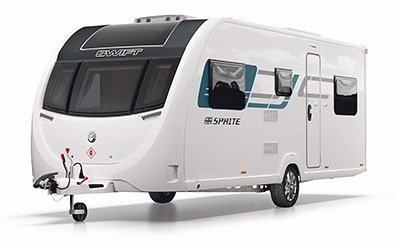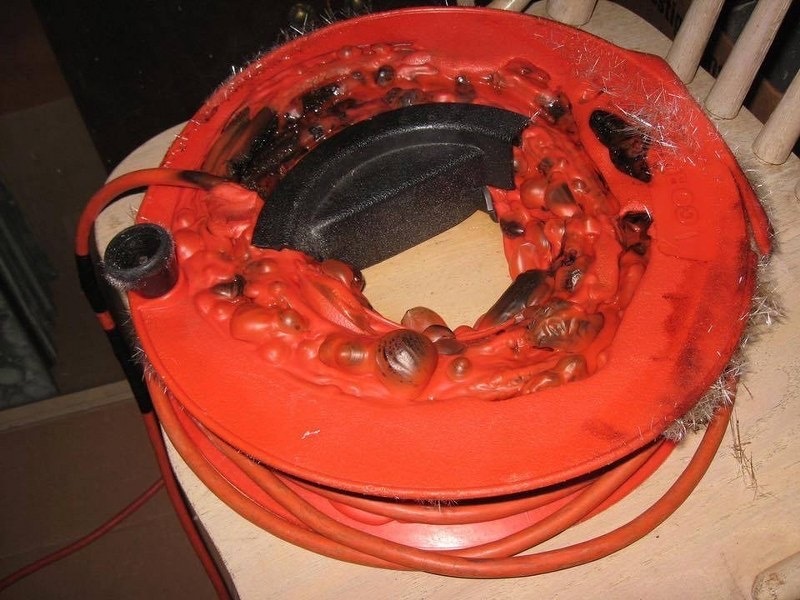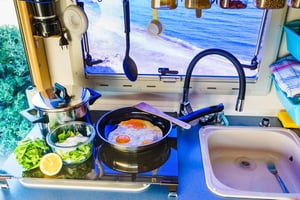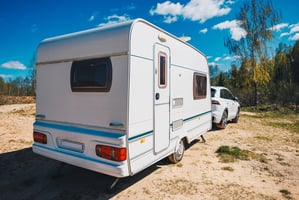Hot tub heaven or human soup? The truth about campsite hot tubs
When you’ve arrived at your destination and you’re setting up your caravan for a relaxing break, the thought that you might inadvertently create a fire hazard is probably the last thing on your mind. Sadly, though, one of the potential causes of fires on campsites comes from something many of us use without a second thought - our hook up lead.
Whether you’re new to van life or you’ve been caravanning for years, it’s really important to understand how to use your hook up lead safely. Here’s some of our top tips to help you do just that.
Use a decent hook up lead
Not all leads are created equal, and you should never use a household extension cable to connect your caravan to the mains. Only use a purpose-built motorhome/caravan hook-up lead, which is ideally 25 metres long and fitted with CEE blue plugs at each end. These are designed to withstand outdoor use and handle the electrical load safely.
Look for leads that are 16-amp rated, confirm to British Standards, and are heavy-duty, with thick, weather-resistant insulation. Cheap, under-rated cables can overheat quickly and therefore become a serious fire risk.
Uncoil the lead fully
This is one of the most important points, and also one of the more common mistakes that people make. Leaving your hook up cable coiled while it’s in use might make it look neat and tidy, but it creates a massive fire risk. Coiled cables trap heat, with the electrical current running through the tightly wound cable this creates resistance and builds up temperature - sometimes even enough to melt the insulation or start a fire.
To avoid this, always uncoil your lead fully, even if you don’t need the full length. Lay it out flat and make sure it’s not bunched up or tangled in any way, but also place it where it can’t get run over by vehicles or lawnmowers.

Check it for damage before each use
Before plugging it in, it’s a good idea to inspect the entire length of the cable for the following:
• Cuts, fraying or exposed wires
• Crushed or damaged plugs
• Signs of melting, scorching or discolouration
If there’s any doubt at all, don’t use it and replace it straightaway - it’s not worth the risk.
Also, ensure the cable hasn’t been squashed under a tyre or similar. Over time, this kind of wear and tear can weaken the insulation and increase the risk of overheating.
Keep the connections off the ground
Where the cable connects to your caravan or the EHU, keep the join away from water and even damp grass. Water and electricity obviously don’t mix well, and while most connectors are weather-resistant, they’re not waterproof.

Don’t overload the system
Because of the likely rampage available, you typically can’t run everything you’d use at home. Hairdryers, kettles, toasters, heaters and similar all use a lot of power, and trying to run too much at once can overload the circuit, trip the breaker, or cause the cable to overheat.

A bit of care and common sense goes a long way in keeping your lead safe and also preventing fires.
By following these simple steps, your hook up lead will likely last you a long time, and give you peace of mind when you are using it.








